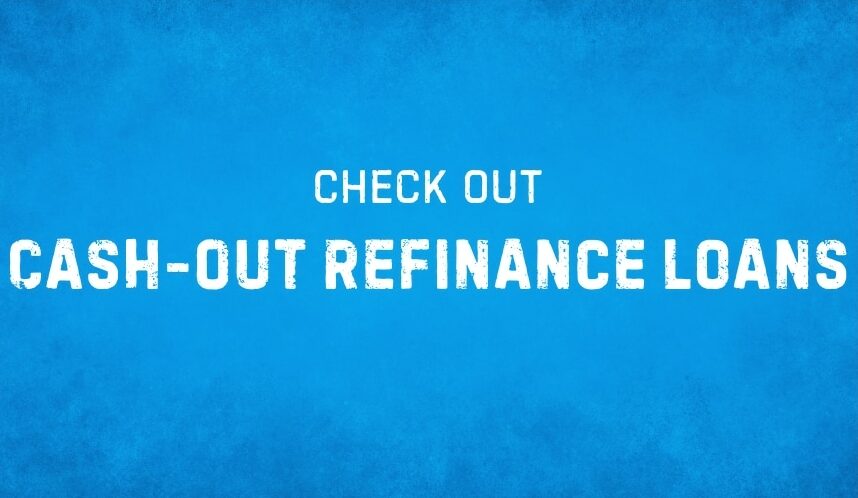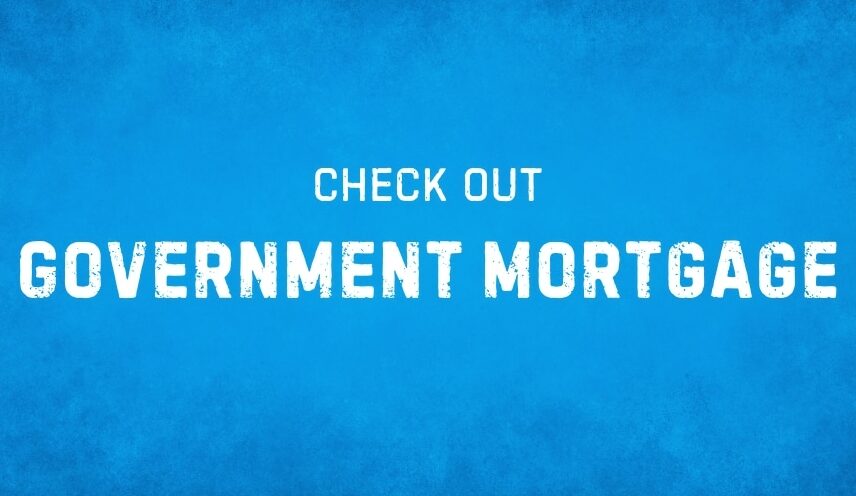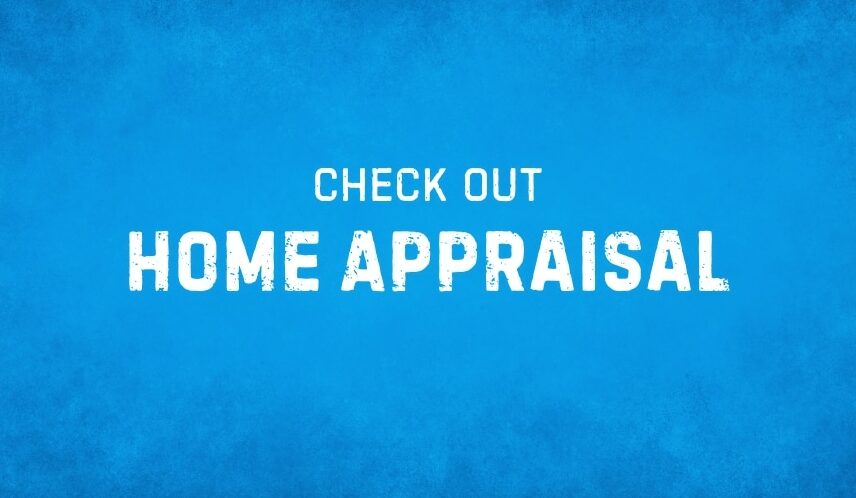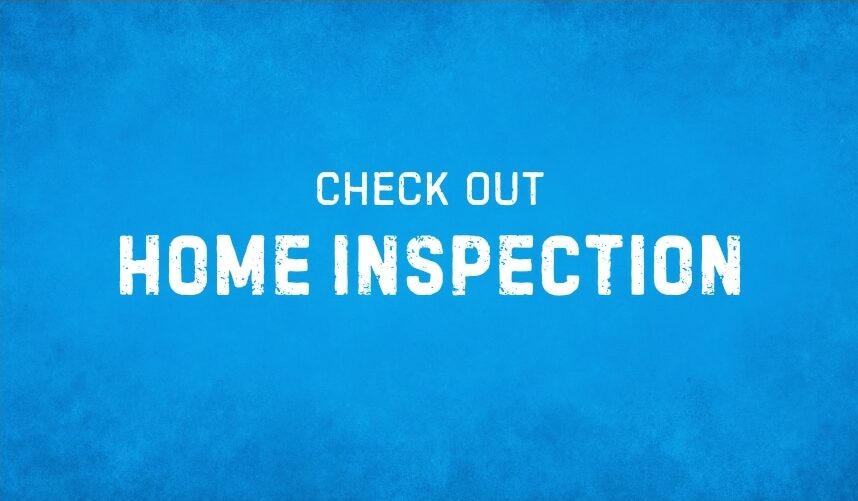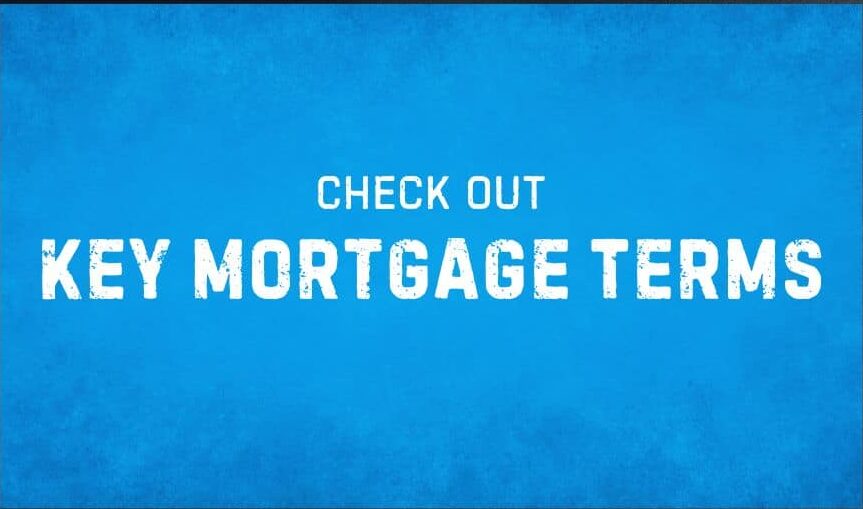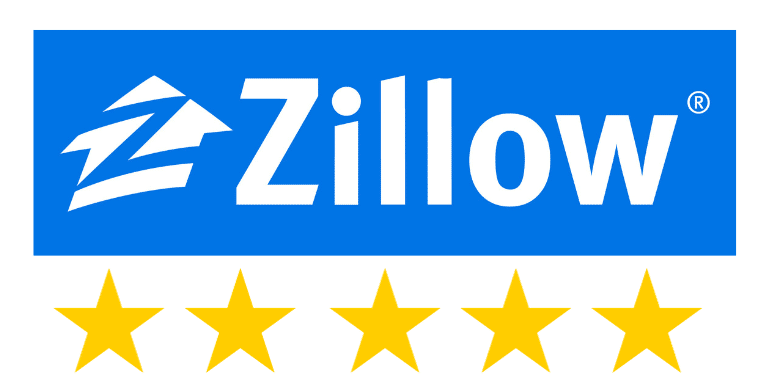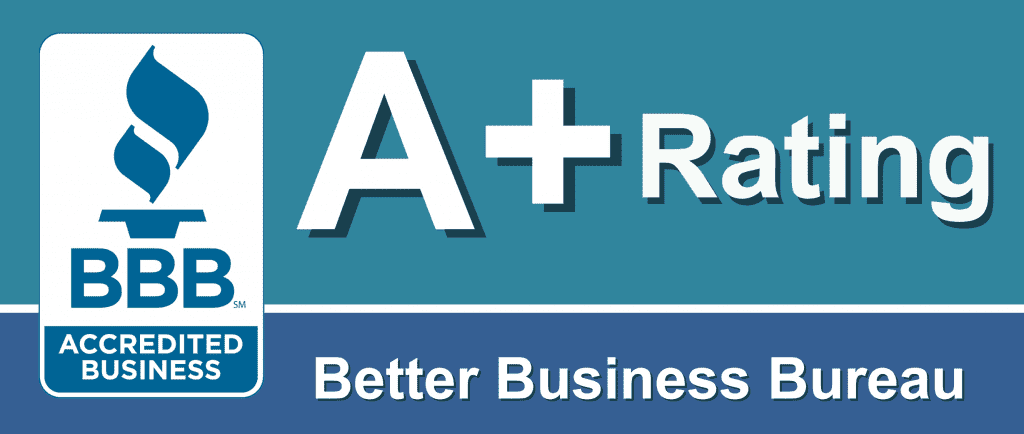
Expert Guidance For California First-Time Homebuyers
Key Topics In This Article: Loan Programs | Down Payment Assitance | Homebuying Process | FAQs | Tips |
Buying a home for the first time can be overwhelming. However, as a California first-time homebuyer, you have access to resources that will make the process more manageable.
As a mortgage industry expert with over 17 years of experience, I know what first-time homebuyers in California go through. I created this sensible guide to help you navigate the process of buying your first home.
First, I’ll cover the most widely used loan programs, insight into a down payment assistance program, how the homebuying process works, and finish off with FAQs and some industry pro tips.
Loan Programs
There are three main loan programs for California first-time homebuyers to consider.
- Conventional
- FHA home loans
- VA home loans
There are other options available, but nearly all California first-time homebuyers use one of these three loan options, and below I’ll discuss them in detail.
Conventional
Conventional loans are any home loans not backed or insured by a United States government agency (such as FHA and VA home loans). As a California first-time home buyer, you’ll most likely consider a conventional home loan as your first option unless you have a low credit score and/or down payment or are a veteran.
The basic underwriting requirements for a conventional loan are;
- 620 or higher credit score
- 3.00% or more down payment
- Debt-to-income ratio below 45%
If you haven’t reviewed our credit report learning center, be sure to do so, as it provides a wealth of information to help you better understand how your credit score and history impact your rate.
A 3.00% down payment means you will provide as a down payment an amount equal to 3.00% of the purchase price. So a $500,000 purchase price with a 3.00% down payment means you will put down $15,000.
When it comes to your debt-to-income ratio (DTI), you might be able to go higher than a 45% DTI; however, it is less likely you’ll receive approval. Also, unless you’re expecting an increase in pay, going above a 45% DTI is a bit risky and should be avoided if possible.
While some conventional loans do offer a low credit score option, they are not ideal for this type of loan applicant as the rate/fees are significantly higher. And conventional loan programs like the jumbo home loan require high credit scores and much larger down payments.
The most well-known conventional mortgage programs are conforming, jumbo, and bank statement home loans. The common of these is the conforming home loan program.
Understanding What A Conforming Loan Is
Many people think conforming loans and conventional loans are the same thing, but technically they’re not.
All conforming loan programs are conventional loans; however, not all conventional loans are conforming loans. Conforming loans are specific types of conventional loans that “conform” to the underwriting standards and loan amount requirements of mortgage giants Fannie Mae and Freddie Mac.
Each county in California has a conforming loan amount requirement, and you can see your county’s conforming loan limit on our website.
Conventional loans like jumbo and bank statement home loans do not conform to the underwriting standards and loan amount requirements of Fannie Mae and Freddie Mac, so they are not conforming home loans.
FHA Home Loans
If you are a California first-time homebuyer, have a credit score below 700, and have a low down payment, you may want to look into the FHA home loan program. It’s one of the best loan programs for first-time homebuyers.
Here are the basic underwriting requirements for an FHA loan;
- 580 or higher credit score
- 3.50% or more down payment
- Debt-to-income ratio below 43%
If you have a credit score above 580, you can put down as little as 3.5%; if your credit score is 579 or below, you can put down as little as 10%. FHA home loans can be used for Single Family Residences (SFR), Condominiums, Townhomes, and Multi-Unit (2-4) properties (as can conforming loan programs).
Also, some FHA loan applicants qualify for the FHA zero-down loan program; however, you will need compensating factors to qualify.
FHA home loans allow for a debt-to-income ratio of 43%; however, it can go as high as 57%. The further you are away from the 43% level the less likely your loan application will be approved. Going above a 50% DTI is difficult. For loan applicants in this situation, you’ll need a high credit score, a larger down payment and cash reserves.
Another great feature of the FHA home loan program is the ability of a California first-time homebuyer to purchase a home even if they are only one day out of a Chapter 13 Bankruptcy. If you have a Chapter 7 Bankruptcy, you’ll need to wait two years to be eligible for an FHA loan (most conventional loans require a waiting period of four years).
VA Home Loans
Are you a veteran and a California first-time homebuyer? If yes, you’ll want to consider the VA home loan program. It’s an excellent loan program with significant benefits.
Here are the basic underwriting requirements for a VA loan;
- 600 or higher credit score
- No down payment requirements
- Positive residual income
- The debt-to-income ratio can go above 50%
Most mortgage companies in California require a credit score of 600 or higher for VA home loans. If your credit score is below 660, you might pay a higher rate than a loan applicant with a credit score above that level.
VA home loans do not have a down payment requirement. If you have a down payment, that is allowed and encouraged, especially if you have a lower credit score. And a residual income calculation is more important than your debt-to-income ratio.
Benefits Of A VA Home Loan
The VA home loan program is one of the best loan programs in California. Here are the three main benefits;
- No Mortgage Insurance
- High debt-to-income ratios are allowed
- Low fixed mortgage rates
The VA home loan program for California first-time homebuyers helps thousands of people annually, and the program’s benefits are significant. If you are a veteran, I highly suggest you buy your first home with the VA loan program.
Do You have a question or need a quote?
Contact KevinLow rates, fast closings, and exceptional service.
CalFHA Down Payment Assistance
The CalFHA program is a Down Payment Assistance (DPA) program offered to eligible California first-time homebuyers.
Down Payment Assistance Programs
The money you put “down” or the down payment on your home loan can be one of the largest hurdles for many first-time homebuyers. That’s why CalHFA offers several options for down payment and closing cost assistance. This type of assistance is often called a second or subordinate loan. CalHFA’s subordinate loans are “silent seconds”, meaning payments on this loan are deferred so you do not have to make a payment on this assistance until your home is sold, refinanced or paid in full. This helps to keep your monthly mortgage payment affordable.
Source: CalFHA
This is an excellent way for low to moderate-income borrowers to obtain the down payment they need to buy their first home. Here are the key requirements of the MyHome Assistance Program;
- You must be a California first-time homebuyer.
- There is a CalFHA homebuying education counseling program you must complete.
- The home must be your primary residence after you close.
- There are specific CalFHA income requirements you must meet.
It’s important to know that the property you are buying must either be a one-unit Single Family Residence or an approved Condominium or PUD. Some Manufactured Homes are permitted. Not all lenders allow for the program so it’s important to discuss this option with your loan officer before you apply.
The Homebuying Process
As a homebuyer looking to buy your first home in California, you’ll want to be prepared for the homebuying process before you decide to look for a new home. Here’s a quick breakdown.
Get Pre-Approved
A home loan pre-approval is an excellent way to get prepared when you begin your home search. Getting pre-approved will allow you to know how much you can afford and determine what California home loan program is right for you.
Documents You’ll Need To Get Pre-Approved
- Gather your income documentation: If you receive a W2, this includes the last two years of your W2s and your most recent pay stubs. If you are self-employed, that means the previous two years of your tax returns.
- Asset Statements: Have ready the most recent statement from which closing costs and your down payment will come from. If you can provide the two most recent statements, even better!
Complete The Application
The next step for getting pre-approved as a first-time homebuyer is completing an application. You can do this online, complete the physical application by hand, or you can complete the application over the phone. We suggest you complete the application over the phone. It will take a lot less time and be significantly easier for you. You’ll also have the opportunity to ask your loan officer questions.
Here is the general information you’ll need to complete the home loan application;
- Personal information: Your name, address, social security number, and date of birth.
- Employment information: Name of your employer, address, job title, contact phone number, and how long you’ve been in the same line of work and with this current employer. You’ll need the necessary information about your business if you are self-employed.
- Income information: If you are a W-2 employee, you’ll need your gross annual or monthly income. If you are self-employed, you’ll need your net annual income.
- Asset information: Be prepared to provide the amount of cash you have in the bank for a down payment and/or liquid reserves. Also, they will need the name of the bank and the address.
The next step is for the loan officer to complete the pre-approval review and issue a pre-approval letter. The loan officer should only take 24-48 hours to complete this, and once you are pre-approved, you’re ready to start looking for that perfect home.
Making An Offer
When you make an offer, it will be in the form of a contract. You need to be familiar with many clauses, actionable items, and definitions in the contract. This is where an experienced and trusted Realtor can help, and I suggest every California first-time homebuyer use one.
Here Is What Happens After You Have an Accepted Offer
Congratulations on your accepted offer! Once this happens, your completed file moves forward to underwriting. If it’s been more than four weeks since your initial pre-approval, you’ll have to provide updated income and asset documentation.
Here are a few things to keep in mind while the underwriting team reviews your file;
- A home inspection
- An appraisal
These are two essential steps before you can move forward with closing. The home inspection will give you insight into the quality of the house you are buying, and the home appraisal will provide an independent property valuation based on recent sales in the area.
Once all the conditions are cleared, you’re ready to close. You’ll sign the loan documents and wire the funds for closing.
Frequently Asked Questions
Here are some of the frequently asked questions first-time homebuyers have.
What Is A Home Purchase Contract Contingency Clause?
Basically, it’s a requirement that must be met for the purchase of the home to move forward, and if it’s not met, the buyer or seller can cancel the contract without a negative legal consequence. An example of one contingency clause is the “loan contingency” clause.
This is where the buyer has a certain period of time (usually 14-17 days) to obtain an underwritten approval from a mortgage lender’s underwriting team. If the underwriting team does not approve you, you can cancel the contract and receive a refund of your earnest money deposit.
Other contingency clauses include an Appraisal Contingency and a Home Inspection Contingency. Since you’re a California first-time homebuyer, I suggest you do not waive your contingencies when negotiating an offer. Only consider waiving them until you have an underwritten approval.
What are impounds (aka escrows)?
Impounds are a monthly payment for your annual property taxes and/or annual property insurance amounts added to your monthly mortgage payment. And if you have PMI or MI, you will be required to set this up, and the impounds will also include the PMI or MI monthly payment amounts.
What is a rate lock?
A rate lock is when the mortgage company locks in the rate you were quoted. Some lenders do this automatically once you apply, some wait and some mortgage lenders won’t lock in the rate until you are ready to close. Be sure to discuss with your loan officer what their rate lock policy is before you move forward with the process.
When your rate is locked, it should clearly say that on the first page, top right corner, of the Loan Estimate.
Can the seller of the home pay for some of the closing costs?
Absolutely! The amount the seller can pay has changed throughout the years, but usually, you can have the seller pay closings cost that total 1% to 3% of the purchase price.
Can a family member gift me the down payment amount?
Yes, you can have a down payment gift when you buy your home. The guidelines around this have changed several times over the years, so you might be required to provide some funds that either go towards closing costs and/or the downpayment.
Do You have a question or need a quote?
Contact KevinLow rates, fast closings, and exceptional service.
Mortgage Industry Expert Tips
Here are my industry expert tips for California first-time homebuyers.
- Only Work With The Best: I highly suggest you only work with people who have a stellar reputation and at least five years of experience. Get recommendations and use websites like the Better Business Bureau.
- Send The Right Documents: Only send the requested documentation; if you don’t have a document, discuss that with the Loan Officer before sending anything else.
- Go With A Payment You Can Easily Afford: Being a first-time homebuyer, you may not be aware of many things associated with homeownership. Since this will be your first mortgage transaction, we suggest you obtain a 30-year fixed mortgage rather than a 20-year or a 15-year fixed mortgage. After a couple of years of homeownership, look at a shorter term if it fits your budget.
- Avoid Risk When Possible: There is a lot of pressure when buying a home, some of it internal and some of it external. It’s important not to let that pressure put you in a risky situation. Previously, I mentioned not waiving your contingency options. That is an excellent example of avoiding unnecessary risk during the homebuying process.
Why California First-Time Homebuyers Need A Great Team
Buying your first home is very exciting, and at the same time, it can be daunting and confusing. For most California first-time homebuyers, this is the biggest transaction of their lives, and many have never had experience in making an important financial decision.
Having a great team around you will help dramatically: an experienced realtor with a track record of helping California first-time homebuyers, a reputable mortgage company that offers first-time homebuyer loan programs, and an experienced loan officer who listens first and then provides solutions.

